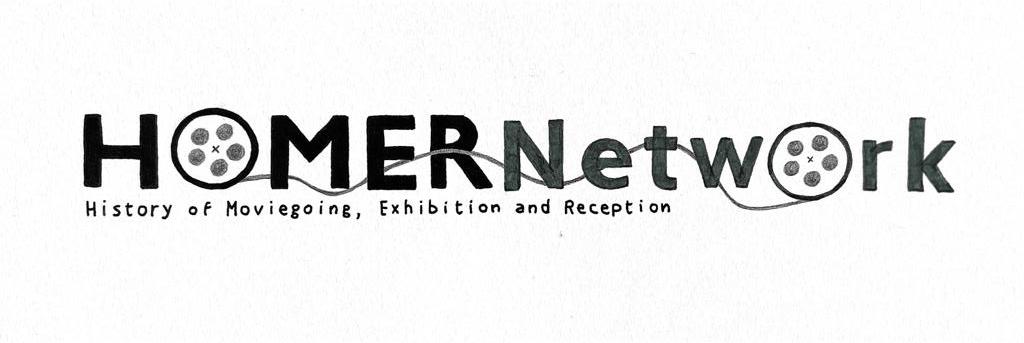Ghent has had a very diverse film exhibition scene. This project aims to take three extreme varied forms of film programming in an effort to understand the lived film programming culture.
The Capitole is a monument in Ghent cinema history; it was the most prestigious film palace in town, programming a wide variety of films in genre or land of origins, and was well known for its impeccable staff, luxurious cinema hall and superior film experience. Research in the archives have provided us not only with the complete film programming listings, but also for certain periods, with additional monetary information on the financial state of the cinema.
Leopold started out in 1919 as a regular family run cinema. Yet after the Second World War, the cinema diverted its programming strategy to more risqué films and ultimately to soft-erotic films. Programming listings fell of the grid of the regular newspapers, but archival research in the business archives of the manager’s family has uncovered the complete programming.
Furthermore, archival research into the University Central Library has also uncovered the history of one of the most popular extra-theatrical film venues in the history of the city; the University’s Film Club. According to one of the co-founders, the venue was highly popular and could program ‘offcircuit’ cinema based on personal relations with distributors in Brussels, who were otherwise bound by commercial imperatives. The initiative lasted until 1976 and testifies of a strong non-commercial, almost oppositional cinema circuit in the heart of the city, founded in a student body of enthusiasts. The initiative didn’t bleed out, but give birth to one of the most foregrounding film festivals in Europe, the International Film Festival of Ghent.

